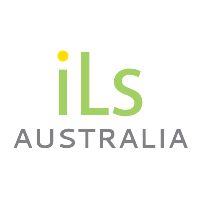New research from Denmark is contributing to mounting evidence about the risk factors for autism. Therese Gronberg and her team from Aarhus University conducted a study examining the risk of autism spectrum disorders (ASD) for children who have an older sibling diagnosed with autism. They found a 7% risk of autism in children whose older siblings had been diagnosed with ASD and who shared both parents, which is less than the 18% reported by some previous research.
The researchers examined birth, civil, and psychiatric records for people born in Denmark from 1980 to 2004. They found that approximately 13,000 of the people in the dataset of 1.5 million were diagnosed with autism were diagnosed with an ASD in 2010 or earlier. This included 276 people with autism who had a sibling also diagnosed with an ASD.
The results indicate an average likelihood of an ASD diagnosis for younger siblings of children with autism to be 4.5%. However, the results ranged from 4.5% to 10.5%. For siblings who shared a father, but not a mother, the risk was only 1.5%, which is barely more than coincidental. For siblings who shared a mother, but not a father, there was a 2.4% risk of an ASD diagnosis.
The cause of this connection has not yet been identified. It could be related to the mother’s lifestyle while she is pregnant, the intrauterine environment, or possibly even the children’s upbringing. Another factor affecting the numbers could be that parents who have a child with autism do not choose to have more children. This could mean that the actual risk is higher than what the results of this study indicate.
“I think a lot of autism researchers agree that the causes of autism are many and it’s very complex. If it was only genetics we would see a much higher recurrence rate,” said Gronberg, who led the study.
This research is published in JAMA Pediatrics.
Learn more about how iLs works with autism on our autism page.
Previous news in autism:

